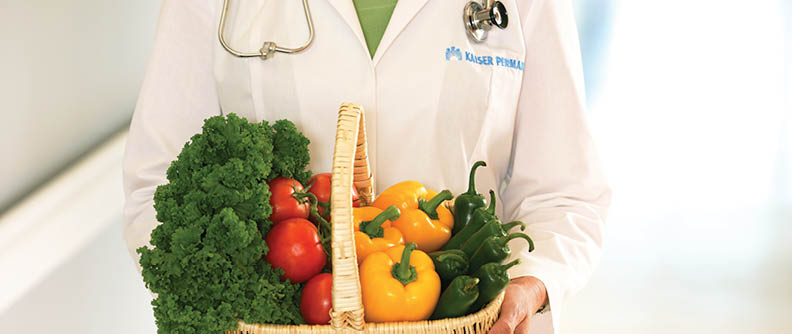Eating well during your pregnancy can help your baby develop in a healthy way. The first steps to getting the right nutrients are knowing which foods are good for you and avoiding those that can be harmful.
What to eat
Protein
Protein is necessary for the development of your baby’s organs, including the brain. It is also important for the growth of your own breast and uterine tissue throughout pregnancy. Good sources of protein include lean red meat, poultry, low-mercury fish (such as salmon, pollock, catfish, shrimp, and canned light tuna), eggs, beans, nuts, and soy products.
Whole grains
Whole grains provide fiber, folic acid and iron, as well as other vitamins and minerals that support your baby’s healthy development. Sources of whole grains include whole-wheat and whole-grain breads and cereals, brown rice, oatmeal, quinoa, barley and bulgur (cracked wheat).
Fruits and vegetables
Fruits and vegetables are key to healthy eating at any time, and during pregnancy, they provide a wide range of nutrients that are essential to your and your baby’s health.
Dark-green, leafy vegetables, like kale and spinach, are food powerhouses that provide folic acid, calcium, iron, fiber, and vitamins A, C, K and E.
Avocados are a good source of healthy fats, folic acid, multiple vitamins, and potassium. Bananas are another source of potassium and make easy snacks.
Fruits such as berries and oranges are high in fiber and vitamin C, which can help your body absorb iron.
Sweet treats
When your sweet tooth kicks in, reach for whole and dried fruit as sources of natural sugars. These will have the added bonus of providing fiber, vitamins and minerals to your body while satisfying your craving for something sweet. You can also look for fruit pops that are low in added sugars (4 grams or less), or even make your own by combining frozen fruits with yogurt and freezing them on popsicle sticks.
Beverages
Beverages that are safe during pregnancy include water, orange juice that has been pasteurized and fortified with calcium, low-fat milk, soy milk and almond milk. You should limit caffeine to one cup of coffee per day.
What not to eat
Raw meat and high-mercury fish
Uncooked meat and raw sprouts may contain bacteria or parasites which can cause birth defects, so it’s best to avoid these foods:
- Raw or undercooked meat, chicken, fish, hot dogs or sausages
- Raw or lightly cooked eggs
- Unpasteurized soft cheeses, like brie, feta, fresh mozzarella, cotija and blue cheese
- Raw milk
- Cured meats like cold cuts
- Raw sprouts, especially alfalfa
Also avoid larger fish, including bigeye tuna, shark, swordfish, king mackerel, marlin, orange roughy and tilefish. Limit white (albacore) tuna to 6 oz a week. Large fish are known to carry high levels of mercury, a chemical that is toxic to your baby.
Desserts made with licorice or raw eggs
Avoid foods that have been flavored with licorice root, as some of them contain a substance that could negatively affect the development of your baby’s brain. Since eating raw eggs can increase the risk of salmonella, avoid desserts that use raw eggs in their recipes, like uncooked meringues, tiramisu and chocolate mousse.
Beverages containing alcohol or saccharin
No amount of alcohol is safe while you’re pregnant, so avoid alcoholic beverages entirely. Also avoid soft drinks that contain saccharin (Sweet’N Low®), as this sweetener can cross the placenta and get into your baby’s body.
Don’t forget your supplements
Be sure to take a prenatal vitamin, and tell your doctor about any other supplements that you take. Most physicians and nurse-midwives prescribe folic acid supplements during pregnancy. If you have trouble keeping your supplements down due to morning sickness, try taking them with food or at night.
